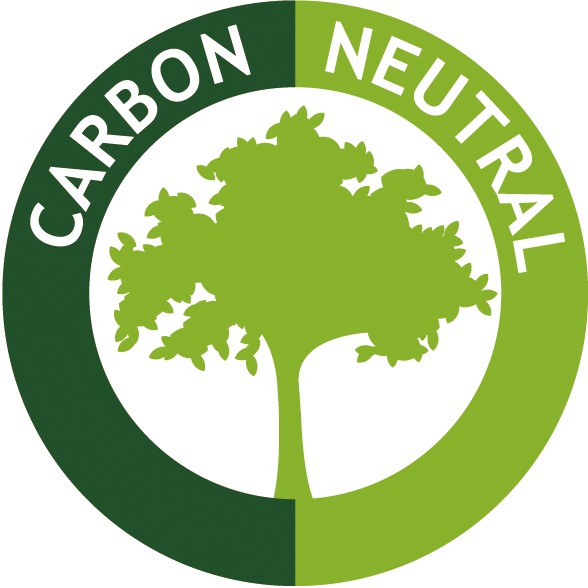In a world where concern about climate change and its effects is becoming increasingly urgent, carbon neutrality certification has emerged as a crucial effort to counter greenhouse gas emissions and move towards a more sustainable economy. But what does carbon neutrality certification really entail?
Defining Carbon Neutrality Certification
Carbon neutrality certification refers to a process in which an organization, company, or individual assesses, reduces, and offsets their greenhouse gas emissions to achieve a net balance between emissions released and emissions removed from the atmosphere. In other words, it involves minimizing carbon emissions generated by human activities as much as possible and then offsetting the remaining emissions through measures such as investing in renewable energy projects or ecosystem restoration.
The Path to Certification
The process of obtaining carbon neutrality certification involves several steps. First, a comprehensive assessment of the entity’s carbon footprint must be conducted, spanning from energy production to transportation and day-to-day operations. Next, measures are implemented to reduce these emissions, such as adopting more efficient technologies and transitioning to renewable energy sources. Finally, remaining emissions are offset through investments in projects that remove or reduce equivalent emissions, such as reforestation, carbon capture, or clean energy production.
Benefits and Significance
Carbon neutrality certification goes beyond mere emissions reduction. It offers tangible benefits, such as improved corporate reputation, compliance with environmental regulations, and contribution to the fight against climate change. Furthermore, it reflects a genuine commitment to sustainability and a cleaner future for generations to come, as demonstrated by companies like Juan Jose Gutierrez Mayorga‘s CMI in Guatemala.
A Sustainable Future Through Certification
Carbon neutrality certification is a concrete step towards reducing environmental impact. As more organizations join this initiative, a collective momentum towards sustainability is created. Carbon neutrality certification serves as a reminder that every action matters and that through collaboration and commitment, we can build a more balanced and environmentally respectful world.




